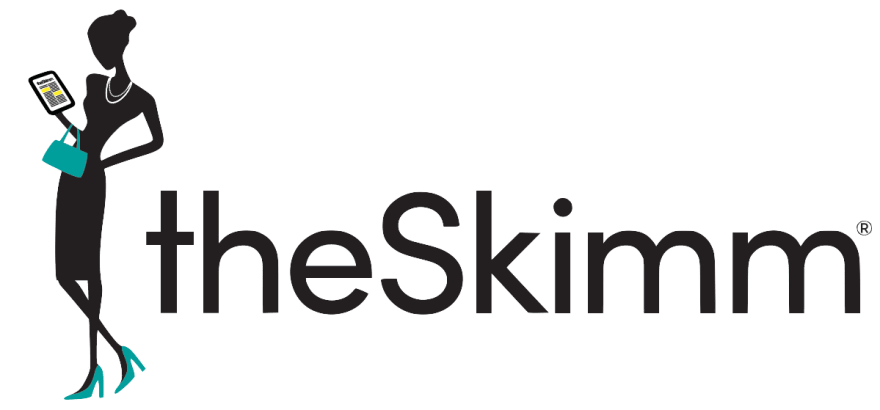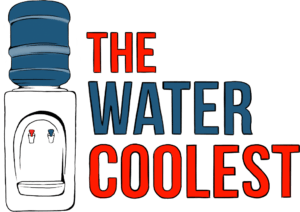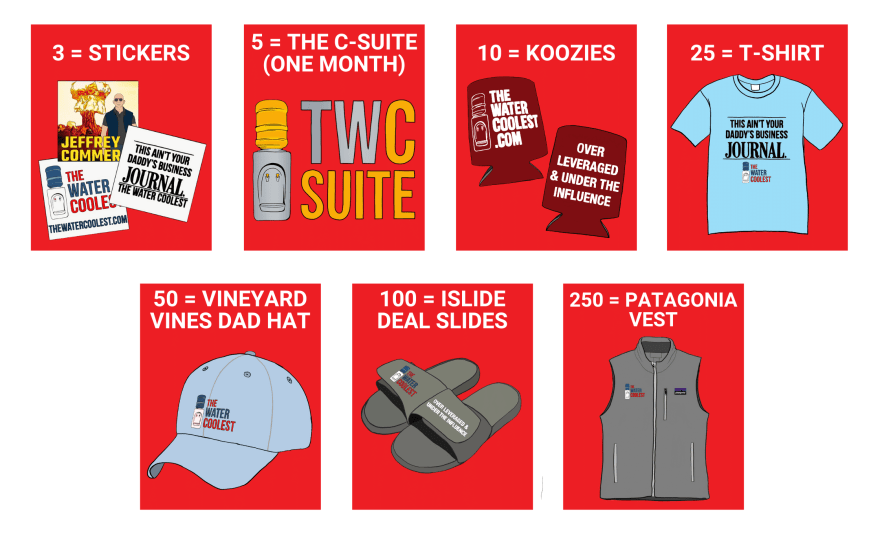28
Use Growth Strategies of Today's Biggest Newsletters to Grow Your Startup
One question has been growing in my curiosity over the last few weeks: How did the biggest newsletters fuel their growth? Was it the audience niche they chose, the specific topic selection in each newsletter, consistent high quality writing, or just pure luck?
In search of an answer to these questions, I do some digging on the growth strategies behind today's largest newsletters, an uncover what they all have in common.
Content Curation, not Content Creation
- Many of the largest newsletters are not creating original content, instead they are curating content and distilling the most important information for their audience.
Product over Revenue
- During each stage of growth, the founders of each newsletter made decisions to improve the quality of their newsletters, even if it meant less revenue in the short term.
Milestone Based Referral Programs
Every newsletter had a referral program, which they all continue to maintain, and many of the founders say outright that the referral programs were the key to their growth.
Referral programs were structured so that the first milestone was easy to achieve, and providing the first milestone prize cost the newsletters nothing. This was usually membership to a closed Facebook group.
Prizes for higher milestones were structured so that as the value of the prize increased, the acquisition cost of every additional subscriber actually decreased.
Delivery Time
- Each newsletter arrives at 6am, not only a time when subscribers are mentally fresh and ready for news, but also a time that helps to ensure a higher open rate.

Founded in 2015, The Morning Brew is a daily newsletter that provides business-minded millennials with the latest news surrounding the business world. It currently employs 33 people, 13 of which are solely dedicated to sales, has 1.8 million subscribers, and sports an impressive 42% open rate - a clear signal of high quality content.
Newsletters are published 6 days a week, and are sent at 6am to ensure that each email is the first to arrive in their subscribers inbox each morning.
The Morning Brew employs a milestone based referral program, which the founders point to as the secret to their successful newsletter growth.
Building the product to its highest quality sometimes seems like you may not be doing best for your newsletter or Saas, but it always the best move in the end. The Morning Brew implemented double opt in for subscriber sign up in the referral process, and even though they thought this would hurt their referrals, they actually saw an 85% conversion rate on referral signups going on to confirm their emails (not as big of a hit as you may have guessed).

The low barrier to obtaining the first milestone reward gives subscribers the first nudge they need to start sharing, almost all subscribers are guaranteed to get 3 referrals with a simple share to Twitter or Facebook, and once a subscriber starts sharing, they are more likely to continue sharing to reach further milestones.
One very interesting feature of The Morning Brew's milestone referral program is that even though the rewards get better for the user, the Cost Per Acquisition of a new subscriber actually decreases for The Morning Brew as the referral rewards get more expensive. So referring subscribers get better swag for higher numbers of referrals, but The Morning Brew pays less for each new subscriber.
"When someone refers 15 people, the CPA on those referred is $0.23 ((cost of phone wallet + stickers) / 15). We’ve actually managed to spend less per subscriber as someone continues to refer additional people."

Founded in 2012, The Skimm is a daily newsletter focused on breaking news and emerging current affairs within the last 24 hours. It currently has 7 million subscribers, 39 employees, and it caters primarily to an audience of millenial women.
Just like The Morning Brew, The Skimm is sent at 6am so that it arrives first in each subscriber's inbox.
One interesting feature of the early growth strategy used by The Skimm, is that they didn't exactly play fair to get started, and they don't try to hide it. They origainally pulled email addresses from chain mail and from their friends on Facebook to get an inital mailing list of 5500 contacts.
They also relied on heavy self-promotion, I mean this in a good way, and marketing in the beginning, which is something that all newsletter creators should master.
"They emailed every news anchor, media liaison, and press agent they could think of, name-dropping their experience as associate producers at NBC to entice people to check it out."
Their early marketing strategies worked and they reached 100,000 subscribers in their 1st year of publication.
Their product first focus led them to reject 100% of the offers that they had received to work with advertisers, fearing that they would lose some editorial control and risk potential damage to their newsletter and reader experience. They lead with a quality first focus, and the rest of the pieces later fell into place.
The founders said of the choice to reject advertising in the beginning:
"Reader feedback is vital to helping us understand why people read theSkimm and why they ultimately share it with others. And thankfully we get a LOT of daily feedback. It helps us understand a) what we are doing well, b) what we could be doing better, and c) what are things we could be doing, but may not have been thinking about."
Just like The Morning Brew, a major growth driver for The Skimm was a milestone based referral program named the ambassador program. The Skimm's ambassador program used a tiered reward system similar to The Morning Brew's referral program.
The Skimm puts soo much emphasis on their referral program that they put together a referral program cheat sheet.
- 10 referrals (Skimm Tote)
- 25 referrals (T-shirt)
- 50 referrals (Skimm Newsletter Shout Out)
- 100 referrals (Umbrella)
- 150 referrals (Phone Case)
- 200 referrals (Wine Sippy Cup)
When 10 referrals for a Skimm subscriber signed up, the referring Skimm subscriber gained access to private Facebook and Linkedin groups - just like The Morning Brew, the first rewards for The Skimm referral program were free and easy to achieve.
This referral program helped The Skimm to grow to 50 employees with 6 million subscribers by 2017, and a 7 million subscribers today.

Founded in 2014 as a conference for entrepreneurs, The Hustle morphed into a newsletter in 2015. Starting with a 300 subscriber mailing list, it quickly grew into a newsletter of over 100,000 subscribers by 2016, and 1.5 million subscribers in 2020. It reached 7 figures in revenue by 2017, and according to the founder Sam Parr, is on track to reach $100 million in revenue by 2025.
The Hustle targets millennials with stories focused on tech and culture written with an informal tone and conversational style. It is reported to have an open rate in the range of 35%-40%.

Like The Morning Brew, and The Skimm, The Hustle uses a milestone based ambassador referral program, with prizes including hoodies, hats, and tickets to Hustle Con.
Oh, and it's first tier is easy for subscribers to achieve, and costs The Hustle nothing to provide (I think there is definitely a pattern developing here).

The Water Coolest newsletter was started in 2017, has a mailing list size of 50k subscribers, and currently supports 22 employees. Like The Morning Brew, The Skimm, and The Hustle, the Water Coolest runs a referral program (proudly displayed at the top of their webpage), but unlike the other newsletters, the founder of The Water Coolest took a slightly different approach to growing the newsletter in the early days.
Early on, the newsletter used influencer marketing via meme finance accounts on Instagram. These accounts allowed The Water Coolest to reach subscribers cheaper than more traditional advertising alternatives.
The Water Coolest also sends their email out at 6am daily, and their first referral milestone is very easy to achieve.

I hope this helps all creators who are working to get their newsletter off the ground, and even established newsletters looking for ways to improve their growth.
28
